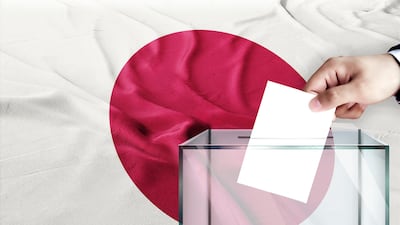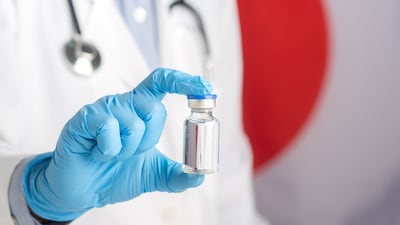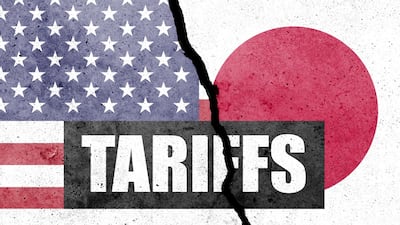Japan
Japan is gearing up for a Lower House election in February and the result could affect biopharma policies. Multiple political parties have laid out reform plans in the area should they win.
Late 2025 saw a flurry of policy moves in Japan ahead of this April's regular drug reimbursement price revision, with pharma industry groups decrying a related medical fee increase. But other positive changes are set to be implemented.
The JPY330bn package bundles existing and new support funds for the biopharma industry, with the national government recognizing its importance for both national security and economic growth.
Several global products have been granted approval recommendations in Japan, while two Japan-originated drugs received a preliminary nod in their home country after being approved first elsewhere through licensees.
While Japan tries to balance its healthcare costs, the major US industry group is concerned reimbursement pricing practices in the country could influence US levels under Trump's MFN policy.
Excellence, innovation and deal-making across the Japanese biopharma sector were celebrated at the Citeline Japan Awards 2025, held in Tokyo on 21 October.
After tough negotiations which won the country a lower US levy on pharmaceuticals, there still appears to be some confusion within the Japanese government following President Trump's latest announcement on global pharma tariffs.
Shortlists of potential winners in all categories of the Citeline Japan Awards 2025 have now been released. Join us at the event in Tokyo on October 21, it’s not too late to book your table!
Japan's government has already allocated more than $400m to repatriate manufacturing of important drugs and continues to provide support as it expands a list of "national security" drugs.
An executive order has given the go-ahead for US tariffs on Japan to be amended to “zero percent” for generics, just weeks after the EU revealed an effective exemption from its own US tariffs. Meanwhile, a separate order suggests that generics could enjoy broader global exemptions from tariffs.
Along with multiple new therapeutics for NSCLC, Astellas's Izervay and several products licensed from US companies receive approval recommendations in Japan.
While Japanese government announces 8-15% price cuts for four drugs, including Leqembi, industry groups urge operational improvements to national cost effectiveness assessment scheme.
Japan gives world-first approval recommendations to two domestically originated drugs, for insomnia and glaucoma/ocular hypertension.
Japan looks set to press ahead with a reimbursement price cut for Eisai's Alzheimer's drug Leqembi following a cost-effectiveness review, despite differences with the company over methodology.
Country recommends eights new drugs for approval, including six for rare diseases, and also announces macroeconomic policy the pharma industry says would enable some reimbursement prices to be raised.
The 14 July deadline for the Citeline Japan Awards 2025 in Tokyo is approaching fast, so here's a reminder to take a look at the categories and criteria and be sure to get your submissions in by this date. Sponsorship opportunities and tables for the event are also available.
While the adoption of most favored nation drug pricing in the US stands to affect Japanese biopharma firms now heavily reliant on this market, it might also present an opportunity for pricing and policy reforms at home.
Japan is cutting more drug reimbursement prices following cost effectiveness analysis and is applying the methodology to a new group of products including Wegovy and Leqembi.
Japan's NHI program continues to give and take as 11 new drugs are granted reimbursement, while the prices of others - including three ophthalmic therapies - are cut by up to 20% under a Market Expansion Repricing scheme.
Japan's trade ministry is providing new support to build domestic capacity for new modalities including cell and gene therapies, as part of wider efforts to support the national bioventure ecosystem.


















